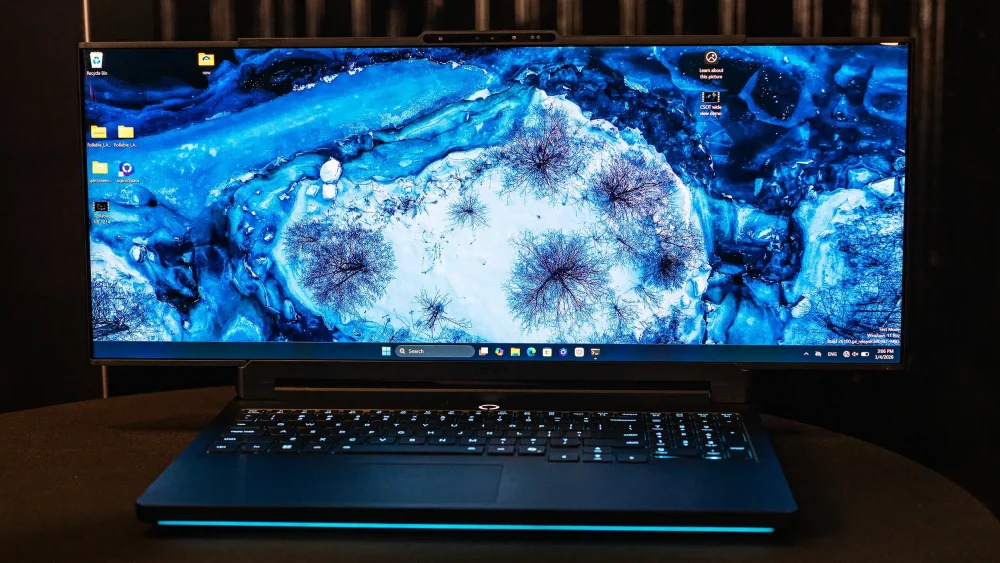From the dizzying scroll of Temu to the irresistible pull of a Pop Mart blind box, a new wave of Chinese companies is captivating global consumers. These brands didn’t just perfect their products at home; they perfected a powerful playbook of addictive marketing, hyper-speed innovation, and aggressive pricing. Now, they’re exporting that formula worldwide, and it’s working.
From Factory Floor to Global Brand
For decades, China was known as the “world’s factory,” manufacturing products for other companies’ brands. The fundamental shift, experts say, is that Chinese companies are now selling their own brands directly to international consumers.
“China has always been known as the factory of the world. We’ve been buying Chinese products all along,” explains Allison Malmsten, Public Research Director at Daxue Consulting. “The difference is now that they’ve figured out that not only can they sell the products overseas, but they can also sell the brand.”
The evidence is everywhere: Luckin Coffee challenging Starbucks on its home turf in New York, Shein dominating fast-fashion, BYD outselling Tesla in Europe, and Temu becoming a Gen Z app staple.
The Dopamine-Driven Shopping Experience
At the heart of this success is a fundamentally different approach to engaging customers. While Western platforms like Amazon prioritize a seamless, efficient experience, many Chinese apps are designed to be entertaining and unpredictable.
“The most addictive systems have randomized rewards. You don’t know when the reward will come, that’s when something will be the most addictive,” says Malmsten.
This philosophy translates into busy interfaces filled with pop-ups, flash sales, and gamified elements that create a “scrolling loop” encouraging continuous engagement. As Jacob Cooke, CEO of WPIC Marketing + Technologies, notes, these brands layer discounts with loyalty programs and livestream events, moving far beyond simple static discounts.
Speed as a Superpower
Chinese companies operate at a pace that often leaves Western competitors behind. They have mastered a high-frequency product model, rapidly testing thousands of items, identifying hits, and pushing them to market with pinpoint accuracy.
The contrast is stark. While Apple’s much-rumored electric car project, “Project Titan,” never materialized after years of development, phone-maker Xiaomi announced its EV investment in 2021 and launched its first car by the end of 2023.
“This high-velocity model is proving globally transferable because Western consumers are responding to this formula; they want the same variety and instant gratification Chinese shoppers have enjoyed for years,” says Cooke.
The “Blind Box” Phenomenon and the Thrill of the Hunt
Perhaps no tactic better exemplifies the psychological savvy of these companies than the “blind box.” Popularized by toy maker Pop Mart, these packages conceal which specific toy is inside, turning a simple purchase into a thrilling game of chance.
“This induces reward-seeking behavior,” explains Jeffrey Towson, founder of TechMoat Consulting. “You think, ‘Which one did I get? Oh, I didn’t get the one I wanted. Let’s buy one more.’ It increases anticipation and repeat buying.” This principle of variable rewards, the same mechanic that makes slot machines addictive, is applied to everything from e-commerce discounts to collectible toys.
The “50% Price, 80% Quality” Formula
A key advantage remains price. Chinese companies often operate on what Towson calls a “50% price, 80% quality” system, undercutting competitors dramatically. This is enabled by a willingness to prioritize rapid growth and market share over immediate profitability, a stark contrast to the quarterly earnings pressure faced by many Western public companies.
Despite their success, these companies face significant challenges, primarily regulatory hurdles. Changes to trade rules, like the potential removal of the “de minimis” loophole in the U.S. that allows small, tax-free parcels, could impact the low-cost business models of Shein and Temu.
However, companies that expand globally are often the most resilient. “Any company that’s going international has probably won at home already, which means they’re the toughest gladiator in the arena,” says Towson. “They’re the gladiator surrounded by 50 dead bodies.”
The global marketplace is no longer just about competing on products; it’s about competing for attention. And for now, Chinese companies have written the most effective playbook for capturing it.


